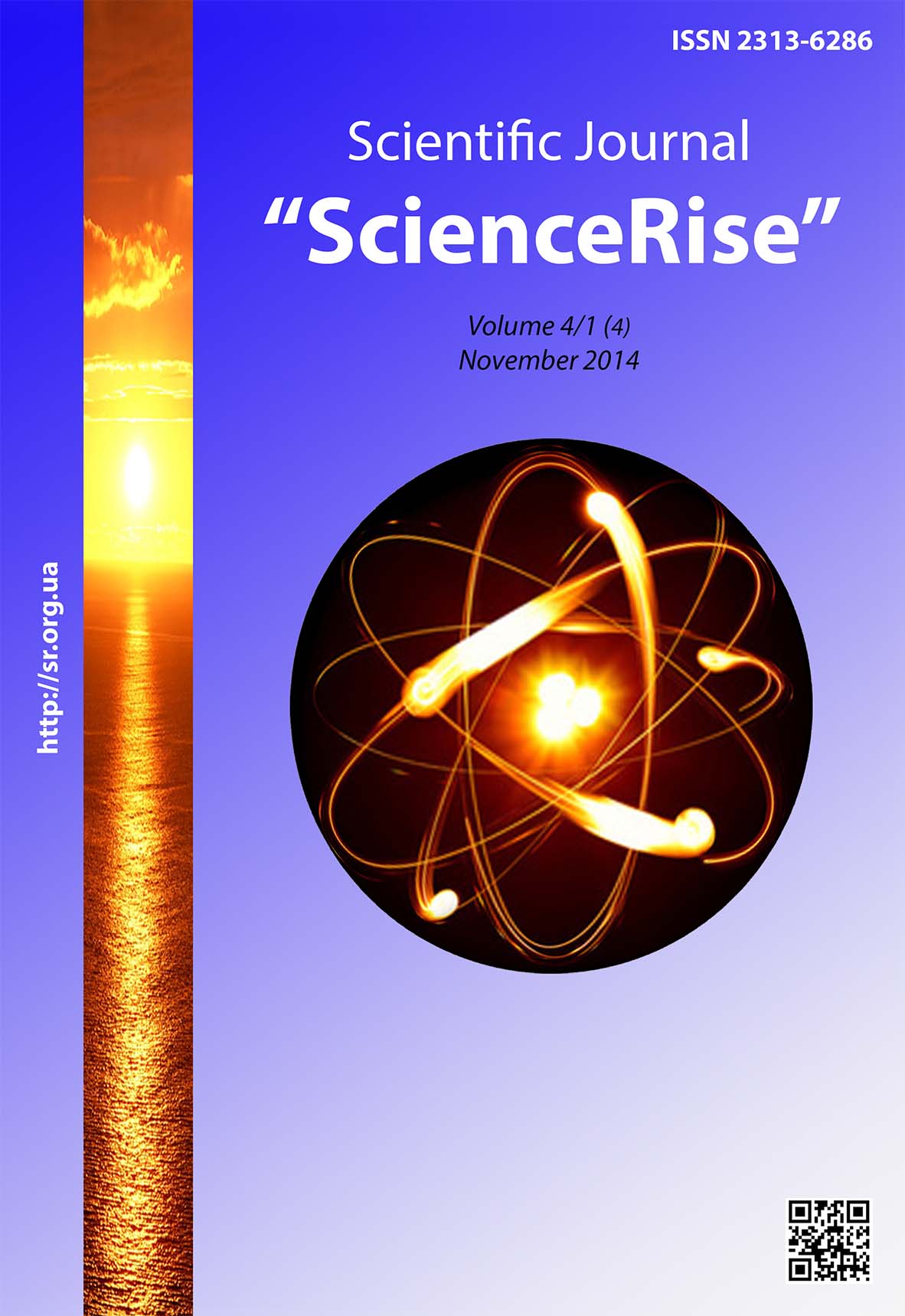Логічна можливість феноменальних зомбі як аргумент проти матеріалізму
DOI:
https://doi.org/10.15587/2313-8416.2014.28950Słowa kluczowe:
свідомість, мозок, психічний, фізичний, феноменальний, зомбі, матеріалізм, дуалізм, епіфеноменалізм, інтеракціонізмAbstrakt
У статті розкривається один з найвпливовіших аргументів проти матеріалізму у сучасній філософії свідомості, аргумент зомбі. Розглядається і спростовується типове заперечення, ніби цей аргумент містить “передрішення спірного питання” на користь епіфеноменалізму. Пояснюється, як логічна можливість феноменальних зомбі узгоджується з позицією дуалізму-інтеракціонізму.Bibliografia
Chalmers, D. (1996). The Conscious Mind. New York, Oxford: Oxford University Press, 432.
Chalmers, D. (2002). Does Conceivability Entail Possibility? In T. Gendler and J. Hawthorne, eds., Conceivability and Possibility. New York: Oxford University Press, 145–200.
Chalmers, D. (2004). Imagination, indexicality, and intensions. Philosophy and Phenomenological Research, 68 (1), 182–190. doi: 10.1111/j.1933-1592.2004.tb00334.x
Chalmers, D. (2010). The Two-Dimensional Argument Against Materialism”. In D. Chalmers, The Character of Consciousness. New York: Oxford University Press, 141–206. doi: 10.1093/acprof:oso/9780195311105.003.0006
Kripke, S. (1980). Naming and Necessity. Cambridge, Massachusetts: Harvard University Press, 172.
Gulick, R.; Hameroff, S. R., Kaszniak, A. W., Chalmers, D. J. (Ed.) (2000). Conceiving beyond Our Means: The Limits of Thought Experiments. Toward a Science of Consciousness III. London, Cambridge: MIT Press, 13–22.
Perry, J. (2001). Knowledge, Possibility, and Consciousness. London, Cambridge: MIT Press, 237.
Levine, J. (2001). Purple Haze: The Puzzle of Consciousness. New York, Oxford: Oxford University Press, 204.
##submission.downloads##
Opublikowane
Numer
Dział
Licencja
Copyright (c) 2014 Дмитро Петрович Сепетий

Utwór dostępny jest na licencji Creative Commons Uznanie autorstwa 4.0 Międzynarodowe.
Our journal abides by the Creative Commons CC BY copyright rights and permissions for open access journals.
Authors, who are published in this journal, agree to the following conditions:
1. The authors reserve the right to authorship of the work and pass the first publication right of this work to the journal under the terms of a Creative Commons CC BY, which allows others to freely distribute the published research with the obligatory reference to the authors of the original work and the first publication of the work in this journal.
2. The authors have the right to conclude separate supplement agreements that relate to non-exclusive work distribution in the form in which it has been published by the journal (for example, to upload the work to the online storage of the journal or publish it as part of a monograph), provided that the reference to the first publication of the work in this journal is included.

